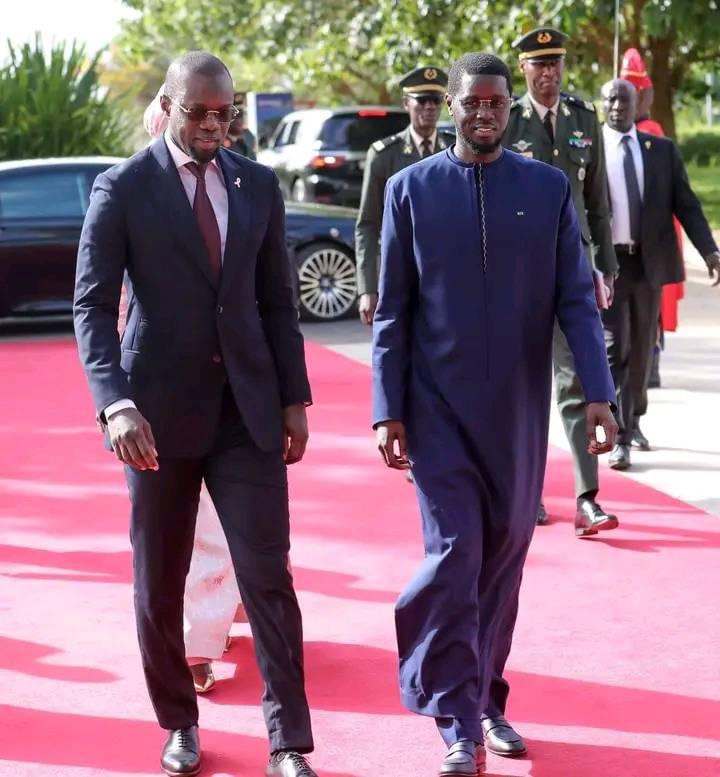
Senegal’s government on Monday unveiled an ambitious development plan, pledging to increase average individual income by almost 50 percent in five years while slashing the deficit and debt.
The 25-year project seeks to move the west African nation away from foreign dependence and debt in favour of local resources and human capital.
It forms part of the radical shake-up promised by President Bassirou Diomaye Faye who took office in April, raising hopes in the country battling a high cost of living and widespread unemployment.
Faye and his Prime Minister Ousmane Sonko launched the ambitious programme just over a month before snap parliamentary elections scheduled for November 17.
The pair’s first six months in power have been marked by confrontation with an opposition-dominated parliament, which Faye dissolved in mid-September.
Faye described the new public policy framework as a “vision for a Senegal that aspires not just to participate in the world of tomorrow, but to play a major role in it”.
The “Senegal 2050: national transformation agenda” would work to make the country a leading regional player and “a development model for Africa”, he added.
Prime Minister Sonko said the strategy aimed to break what he termed “the vicious circle of dependence and underdevelopment”.
Sonko described the country’s economic situation as “catastrophic” at the end of September following a government review of public finances.
On Monday, he denounced the “ravages of the bad choices and bad practices of our governing elites since independence”, which Senegal gained from France in 1960.
Both Faye and Sonko bemoaned economic inefficiencies, a weak private and industrial sector, as well as poverty which they said impacted four out of 10 Senegalese.
“These generally imposed choices have not only limited our development potential, but have also deprived the country of control over its destiny”, Faye said.
The government said their development agenda would aim to make Senegal a “sovereign, just and prosperous nation”.
AFP










Recent Comments